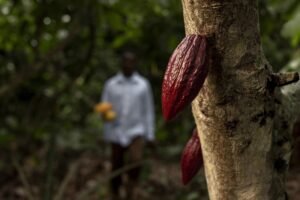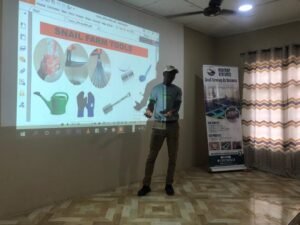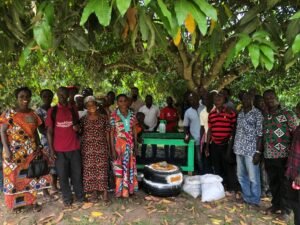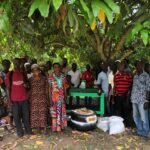Restoring Ecosystems for Sustainable Snail Consumption: A Solution to Ghana's Increasing Demand
In recent years, Ghana has experienced a growing demand for snails as a popular delicacy and a vital source of protein. However, the current rate of snail consumption, coupled with limited domestic production, presents a significant challenge. With annual consumption reaching a staggering 17,000 tons and Ghana’s own production limited to a mere 2 tons whiles importing 15,000 tons from Côte d’Ivoire and Liberia, it is clear that nature alone cannot meet the escalating demand. This situation calls for a sustainable solution that considers both the ecological balance and the livelihoods of local communities.
One promising approach to address this issue is through the restoration of ecosystems that support snail populations. Ecosystem restoration involves revitalizing degraded or destroyed habitats, allowing them to regain their natural functions and biodiversity. By focusing on restoring snail habitats, Ghana can ensure a sustainable supply of these valuable creatures while also promoting ecological balance.
Restoration efforts can target various aspects of snail habitats, including forests, wetlands, and agricultural landscapes. In the case of snails, forests play a crucial role as they provide suitable microclimates, food sources, and shelter. Unfortunately, Ghana’s forests have been facing deforestation and degradation, resulting in the decline of snail populations. Therefore, reforestation initiatives can contribute significantly to the restoration of snail habitats and the overall ecosystem health.
Moreover, wetlands also play a vital role in supporting snail populations. These aquatic habitats provide favorable conditions for snails to breed, feed, and thrive. However, due to urbanization and agricultural expansion, many wetlands have been drained or polluted, leading to a loss of snail habitats. Restoring and protecting these wetlands will not only benefit snails but also contribute to water purification, flood control, and the preservation of biodiversity.
In addition to natural habitats, agricultural landscapes can be optimized to support snail populations sustainably. Integrated farming practices that combine snail rearing with crop production can provide a win-win situation for farmers and the environment using the ground-up system. Snail farming can be an additional source of income for farmers, while the presence of snails in agricultural fields can enhance soil fertility and control pests naturally. By promoting such practices, Ghana can reduce the pressure on natural habitats and foster a self-sustaining snail industry.
To achieve successful ecosystem restoration and promote sustainable snail consumption, collaboration among various stakeholders is crucial. Government agencies, conservation organizations, local communities, and researchers need to work hand in hand to develop and implement restoration strategies. This collaboration can involve raising awareness about the importance of snail habitats, providing technical support for farmers engaged in snail farming, and implementing policies that protect and restore key ecosystems.
In conclusion, the increasing demand for snails in Ghana necessitates a sustainable solution that considers both ecological conservation and the well-being of local communities. Ecosystem restoration holds great potential in restoring snail habitats and ensuring a continuous supply of this valuable resource. By investing in reforestation, wetland conservation, and promoting integrated farming practices, Ghana can pave the way for a future where snail consumption is sustainable, benefiting both people and the environment.
Written by: Kwame Appiah Kubi
Donate to support Earth Care Ghana Programs
Your financial support to Earth Care Ghana makes available resources to help mobilize volunteers and members and to develop school programs that train upcoming environmental champions.
Button Text
